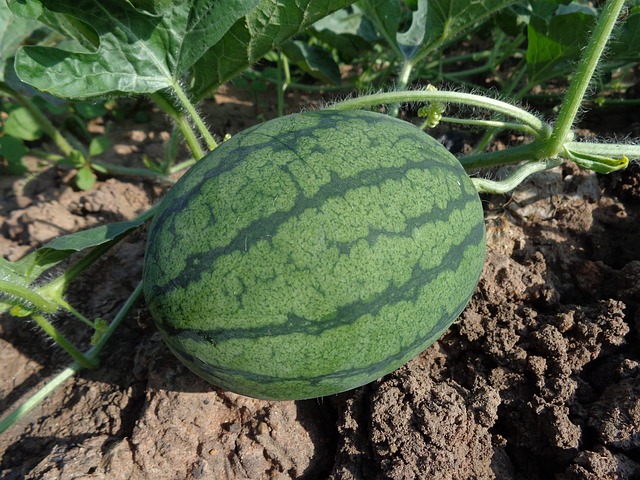As we stand on the brink of an environmental revolution, the urgency to address climate change and desertification has never been more pressing. Beyond the horizon of urban landscapes and industrial growth lies a quieter yet equally significant battle – that of organic farming against these environmental adversaries. Organic farming is not merely a trend; it represents a holistic approach to agriculture that nourishes both the planet and its inhabitants.
Desertification, driven by climate change and unsustainable farming practices, affects millions worldwide. It turns fertile land into barren soil, transforming once-productive regions into deserts. This transformation not only displaces communities but also exacerbates food scarcity and poverty, leading to widespread unrest. Here, organic farming emerges as a beacon of hope, offering sustainable methods that can combat this alarming trend.
Unlike conventional farming, which often relies heavily on synthetic fertilizers and pesticides that can degrade the land, organic farming focuses on nurturing the soil through natural processes. By employing crop rotation, composting, and cover cropping, organic farmers enhance soil fertility and structure. This is crucial because healthy soil acts as a sponge, absorbing and retaining water – a vital resource in areas facing desertification. It is in these practices that the heart of sustainability beats strongest. Not only do they promote biodiversity, but they ensure that farming remains viable in the face of changing climate conditions.
The role of organic farming in combating desertification is not limited to the methods employed. It also embodies a movement towards ecological awareness, encouraging consumers to make environmentally conscious choices. When people opt for organic produce, they are supporting agricultural practices that prioritize environmental health over short-term profits. This awareness can drive policy changes, inspiring communities and governments to invest more in sustainable practices that protect against desertification.
Moreover, organic farming also enhances resilience against climate change. With rising temperatures and unpredictable weather patterns, traditional farming practices often fall short in adapting to these changes. Organic methods, with their focus on soil health and ecological balance, provide a buffer against extreme weather conditions. These practices can mitigate soil erosion, enhance biodiversity, and ultimately decrease the carbon footprint of agricultural activities, contributing to the fight against climate change.
Community engagement is another pillar of organic farming that fosters resilience. Farmers who adopt organic practices often collaborate with local communities, sharing knowledge and resources to drive collective action against desertification. This sense of community not only strengthens food security but also builds social networks that can mobilize efforts to combat environmental degradation.
As we navigate the complexities of the modern world, the need for sustainable solutions becomes clearer. Organic farming is not a panacea but a powerful tool in the ongoing fight against desertification and climate change. By fostering regenerative practices, we are not only cultivating crops but also nurturing our planet for future generations. Together, we can harness the principles of organic farming to ensure a healthier, more sustainable world, one harvest at a time.



